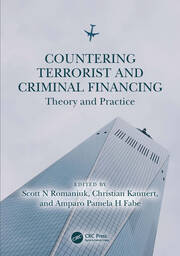Climate Refugees in South Asia: Protection Under International Legal Standards and State Practices in South Asia
Review by Urvika Sharma (July 01, 2025): In Climate Refugees in South Asia: Protection Under International Legal Standards and State Practices in South Asia (Springer Nature, Singapore, 2019), Stellina Jolly and Nafees Ahmad consider the legal invisibility of communities as well as individuals forced to relocate due to climate-related disasters a subject that is both timely and distur


